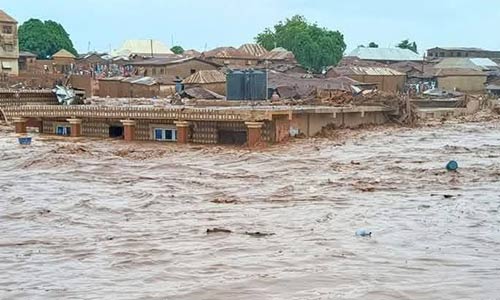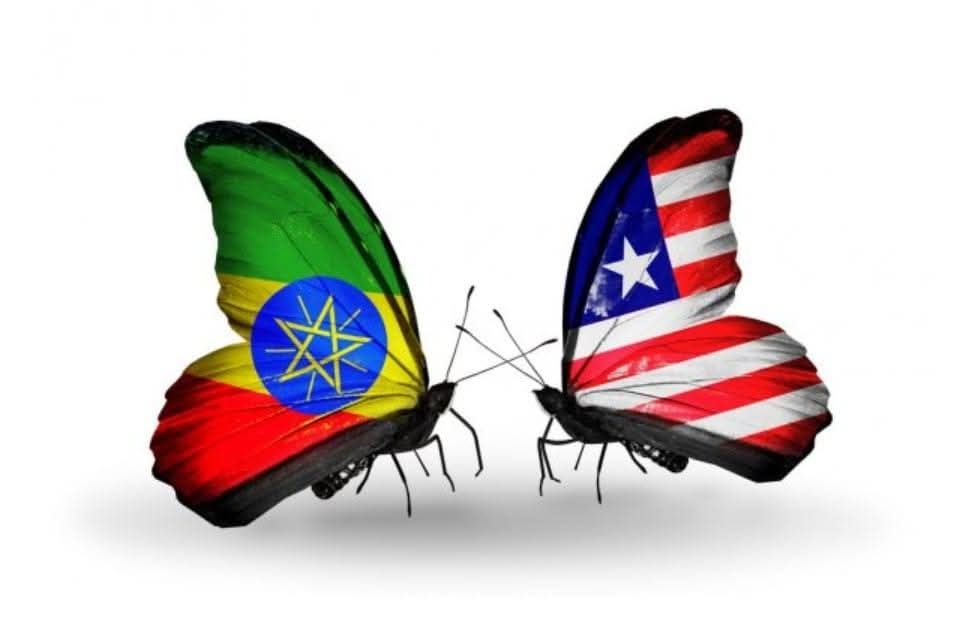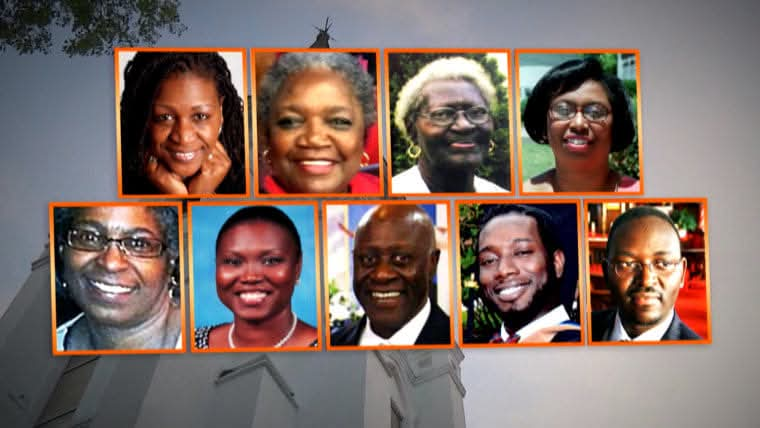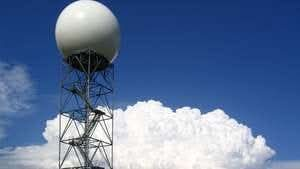MOKWA FLOOD DISASTER: Africa on the front line of climate crisis

Did you know that, in 2024 alone, flooding in Nigeria killed more than 1,200 people, injured at least 2,712 others, and displaced 1.2 million people nationwide?
Flooding in Nigeria has become a yearly occurrence that claims lives and destroys properties running into millions of naira. According to the Africa Center for Strategic Studies, "27 countries in Africa’s tropical zone experienced unusually heavy rainfall in 2024 compared to their historical norms. These increases in the quantity and intensity of rainfall in Africa mirror patterns seen elsewhere around the globe.
"Flooding caused by the extensive rainfall impacted roughly 11 million people, resulting in an estimated: 2,500 fatalities, 4 million people displaced, millions of hectares of croplands inundated, hundreds of thousands of livestock lost, hundreds of healthcare facilities destroyed or damaged, 10 million children in Niger, Nigeria, the Democratic Republic of the Congo (DRC), and Mali were unable to attend school as thousands of schools were flooded or converted into temporary housing for displaced people."
Mokwa, a market town in Niger State, with an estimated population of 416,600 (as of 2022), which served as a major meeting point where traders from the south buy food from growers in the north, on May 28, 2025, experienced flooding caused by heavy rainfall that submerged the market town, causing severe damage.
The flood submerged the town and washed away homes with residents inside and vehicles, including a tank truck. The Mokwa bridge collapsed on May 28 after severe flooding on the previous day, leaving motorists stranded, and disrupting vehicular movements and economic activities across the region. Another bridge and two roads were also washed away. People were washed downstream into the Niger River. Excavator teams were needed to remove bodies that were stuck under debris.
According to the Niger State Emergency Management Agency and later confirmed by Deputy Governor Yakubu Garba, the Tiffin Maza and Auguwan Hausawa districts of Mokwa were worst affected. As of May 30, authorities said the search and rescue operation is still ongoing and that many people are still at risk. Local government officials said a dam collapse in a nearby town worsened the situation.
A previous flood in Mokwa on April 16, 2025, caused by the release of water from the Jebba Hydroelectric Power Station dam, killed 13 people, including three people on a canoe that capsized on a flooded river, and destroyed paddy fields. The floods affected over 5,000 dry-season farmers across Niger State and Kwara State, impacting over 10,000 ha (25,000 acres) of paddy farms in Mokwa alone with estimated economic losses in the billions of naira. Farmers from Kebbi State, Sokoto State, Katsina State and Kano State were also impacted. The flood was the sixth caused by the water released from the dam. Dam management continues to be a recurring factor in flood-related risks.
On the May 28 flood, reports indicate that the disaster displaced over 6,400 people, destroyed 45 schools, 44 health centers, and led to the collapse of the Eppa bridge, cutting off communities from urgent help. Red Cross chief Gideon Adamu reported that 121 people were hospitalized with injuries. Emergency service officials said at least 3,018 residents were displaced while local media reported at least 5,000. The flooding destroyed property worth millions of naira. A thousand people were reported missing, including a family of 12 where only four members were accounted for and all 100 children from a madrasa. More than 3,000 houses were affected, including 2,000 destroyed.
Officials said the death toll was more than 200 and there are 500 missing people as of 1 June 2025. The Acting Director General of the National Emergency Management Agency (NEMA), Ibrahim Hussaini, described the flood as one of the worst in the state's history. He confirmed on June 1, 2025, that over 153 bodies were discovered under the Mokwa bridge due to the flood waves and they have been buried. NEMA provided food and non-food relief items including rice, blankets, and mats.
President Bola Tinubu activated the National Emergency Response Centre and deployed federal agencies. Relief materials and temporary shelters were provided. The Nigeria Hydrological Services Agency did not immediately say how much rain fell after midnight Thursday. Mohamed Adow, director of Kenya-based thinktank Power Shift Africa, called it a "cruel irony" that parts of Africa can be "baked dry and then suffer from floods that destroy lives and livelihoods," adding further that, "The terrible floods in Nigeria are another reminder that Africa stands on the front line of the climate crisis."
According to the United Nations Disaster Risk Reduction (UNDRR), the adoption of certain policies such as collaboration across sectors, effective land-use planning, investment in critical infrastructures, adoption of nature-based solutions such as the protection and restoration of wetlands and tree planting, and intensifying level of flood awareness, among others would go a long way to address the perennial issue.
Sources: Wikipedia | UNDRR | ACSS
#penglobalhistory #flood #Nigeria #Africa



